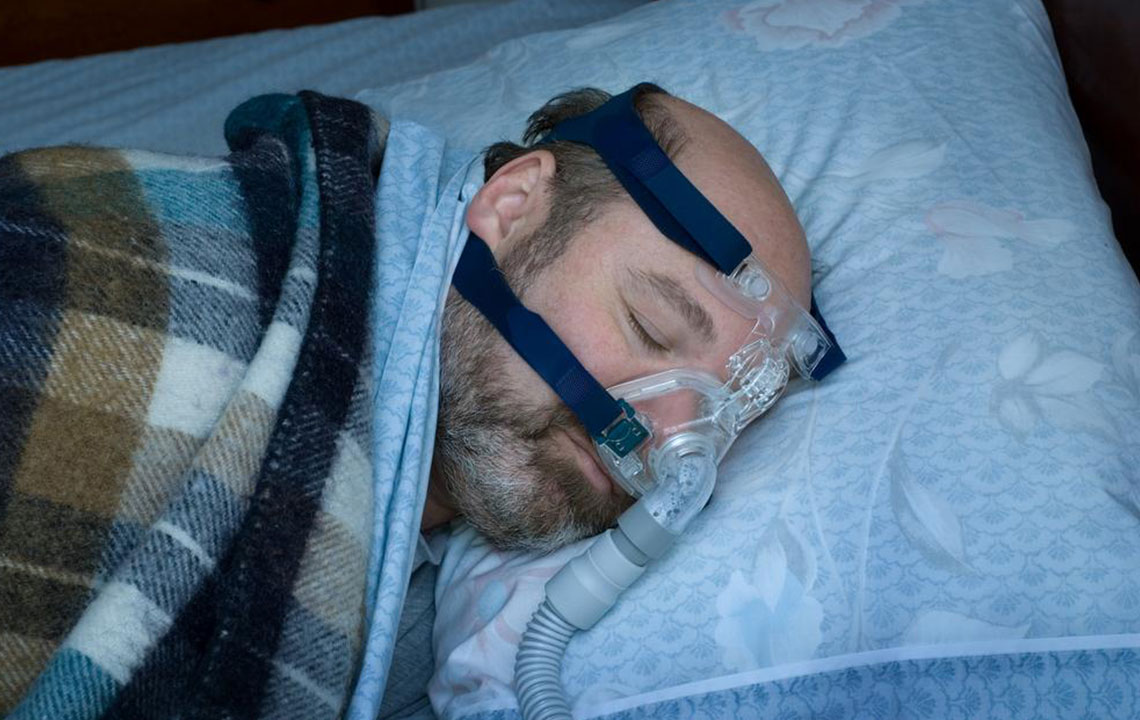Effective Strategies for Managing Sleep Apnea
Discover effective management strategies for sleep apnea, including lifestyle modifications, dietary tips, and medical treatments. Recognizing symptoms early can prevent serious health issues and enhance sleep quality through proper intervention and lifestyle adjustments.

Effective Strategies for Managing Sleep Apnea
Did you know that individuals with sleep apnea can stop breathing over thirty times each hour while resting? This serious health condition disrupts breathing during sleep, causing sudden pauses and shallow breathing, which can lead to fatigue and increased risk of heart issues. Unlike snoring, sleep apnea is a much more severe problem that requires proper attention. Symptoms include waking up gasping or choking, daytime exhaustion, mood swings, and anxiety. Recognizing these signs early and seeking appropriate treatment is crucial to prevent health complications and improve quality of life.
Home remedies and lifestyle changes play a vital role in managing sleep apnea. Losing excess weight is one of the most effective measures, as obesity often exacerbates the condition. Reducing alcohol intake and quitting smoking can significantly improve symptoms by decreasing muscle relaxation and airway inflammation. Sleeping on your side instead of your back can also help reduce snoring and airway obstruction.
Dietary adjustments support treatment by maintaining a healthy weight. Consuming high-fiber foods such as fruits, vegetables, whole grains, nuts, and seeds can aid weight management. Incorporating healthy fats like avocados and olive oil, along with regular intake of fish and eggs for protein, further supports respiratory health.
Medical treatments include CPAP therapy, where a mask delivers continuous airflow to prevent airway collapse, and EPAP devices that help keep nasal passages open. Oral appliances can also reposition the jaw to open the airway and reduce snoring. In some cases, surgical options like tissue removal, jaw repositioning, or tracheotomy may be necessary if other treatments fail. Early intervention and lifestyle changes are key to effectively managing sleep apnea and improving overall health.










